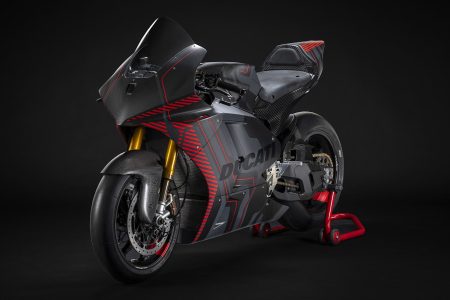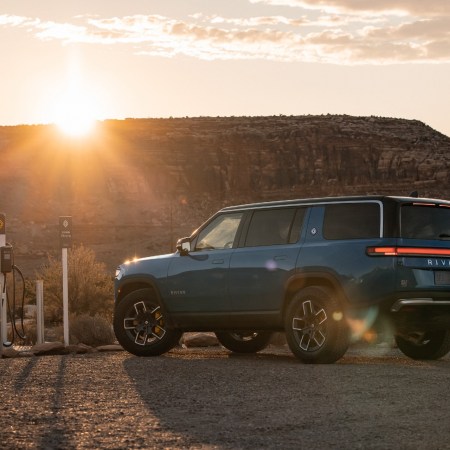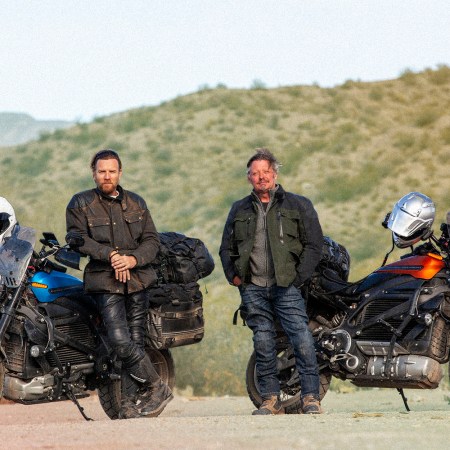What makes for an electric vehicle success story? We’re seeing something like that take place in Norway, where the vast majority of new cars and trucks sold are electric. But Norway has also invested plenty of money in building out a charging infrastructure — something that isn’t necessarily true elsewhere in the world. And in at least one case, a lack of widespread charging stations hasn’t stopped a surge in electric vehicle sales.
The country where that’s taking place is Ethiopia, and the electric vehicles in question are motorcycles from Dodai, a three-year-old startup founded by Yuma Sasaki, who worked for Uber and the e-bike sharing company Luup in Japan prior to this new venture.
As Damilare Dosunmu reports at Rest of World, Dodai sold 850 electric motorcycles in its first year in business in Ethiopia, while also gaining investment from the country’s sovereign wealth fund and international investors. As the owner of one store told Rest of World, Dodai’s vehicles are useful for deliveries, while also costing less to operate than their gas-powered counterparts.
“We charge the bikes at our store and give a better service to our client at no fuel cost and low maintenance cost,” shop owner Kibrom Hagos told Rest of World. It’s an eminently pragmatic argument for the efficiacy of electric vehicles.
Ducati Announces Its First Electric Motorcycle
The MotoE, or V21L, will be competing next yearDodai’s Ethiopian website lists two models for sale, for roughly $1,500 and $1,800 each at the current rate of exchange. The company also maintains three showrooms in the country and partnered with Little Ethopia, a rideshare company that recently expanded into deliveries, in 2024. According to the company’s website, its vehicles have a range of around 93 miles and can reach a maximum speed of between 31 and 37 miles per hour.
This article appeared in an InsideHook newsletter. Sign up for free to get more on travel, wellness, style, drinking, and culture.



















